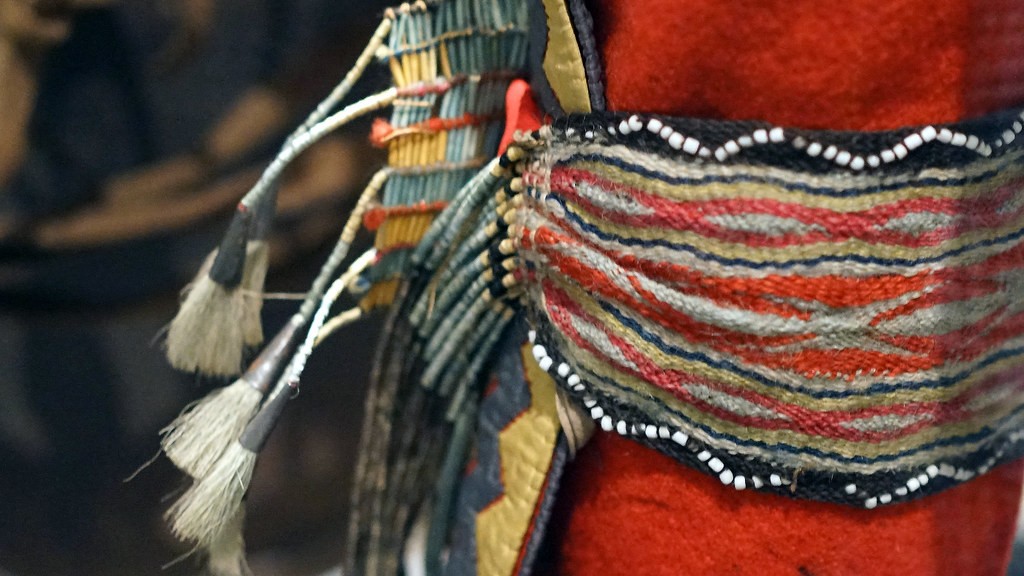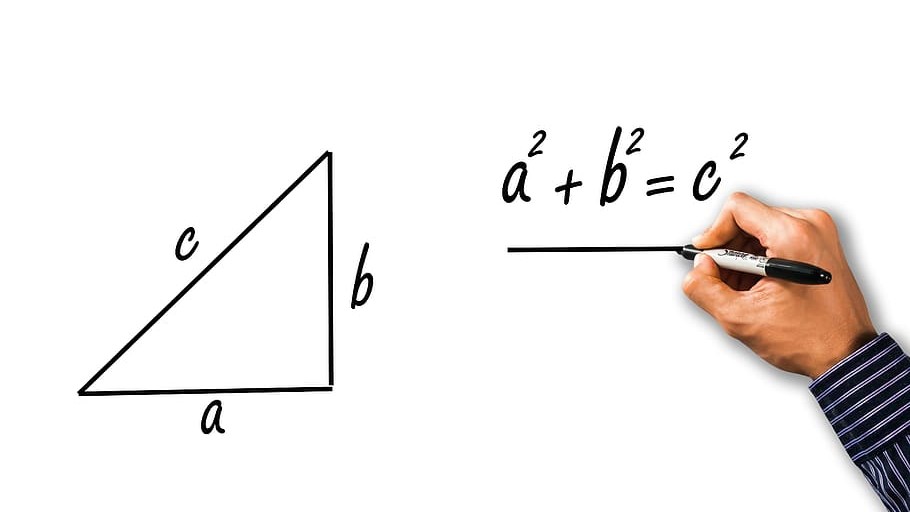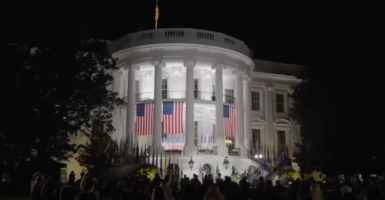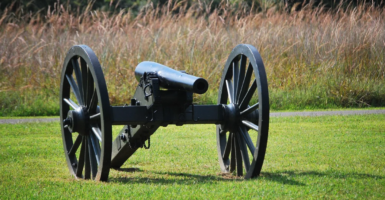State’s Math Standards Draw Criticism For Reference To Indigenous Tribes
Newly proposed state math standards drew criticism because of a law requiring subjects to reference Indigenous Tribes.

Many parents might wonder how public school math standards and Indigenous tribes relate. But according to the state of Minnesota, it’s the law to intertwine the two into public education. Recently, a committee appointed by the Minnesota Department of Education proposed 20 new “anchor standards” in math. And because of state law, that committee was required to implement references to the state’s Amerian Indian tribes. Now, the state is in contestation on whether these references are needed to further social justice or just awkward placement taking away the core values of what schools teach.
The anchor standards in question are drawn up every ten years to summarize what students are expected to learn and be able to do in math standards. According to Yahoo News, the first draft, which was submitted earlier this year for review, had five example questions that asked students to apply math concepts to examples that are found in “historical and contemporary Dakota and Anishinaabe communities.” Since being publicly released last month, the document has drawn criticism.
But to comprehend what’s going on, it’s important to understand why it’s happening. The inclusion of indigenous tribe references in math standards dates back to a 2007 state law requiring schools to include the contributions of Minnesota American Indian tribes and communities. As understood by the education department, the statutory language applies to every core subject in education. However, since standards are only required to be reviewed every decade, and the state postponed its ten-year review during the 2015-16 school year, this is the first the new math standards have needed to be reviewed and implemented with the tribal references.

The Minnesota education department launched a survey asking for feedback on the proposed math standards. The responses were provided to the Pioneer Press, which displayed some of the 162 respondents’ comments. Overwhelmingly, the proposal received negative feedback from parents over what was called awkward, forced, and ridiculous verbiage in regards to the state’s American Indian tribes.
One respondent against the inclusion in the math standards pointed to a need to prioritize basic math concepts. She believed that adding a reference to Indigenous tribes will only further dent the states declining math grades and confuse children more. Another respondent, who stated to be of Anishinaabe descent commented saying “Stop the disingenuous virtue signaling.” The Center for the American Experiment, a conservative research advocacy group also drew criticism on the math standards. The group’s senior policy fellow, Katherine Kersten, said the standards had a “relentless fixation” on Indian tribes.
Teachers and some parents did stand up in advocacy for the proposed math standards. But even with some support from educators, many worried about how exactly the plan would work once implemented in classrooms. One survey respondent, a math teacher, expressed concerns saying that she was pleased with the idea to incorporate Native American tribes into her teachings, but asked if she would receive resources to do so. Another math teacher responded in a similar matter, saying that she would need to find more examples to draw from for native communities and execute them into her Geometry teachings.
With the first draft and surveys completed for the Minnesota math standards, a second draft will need to be submitted to the department of education in May. After that, the final draft is due before the following school year begins in August. There will be more opportunities for public input along the road, and an administrative law judge is required to approve the standards before they can be integrated into the classrooms.



